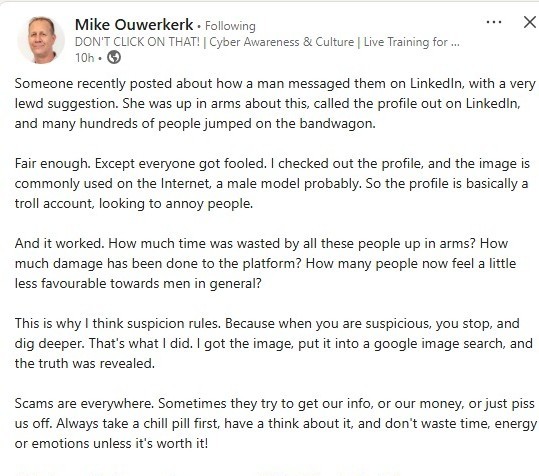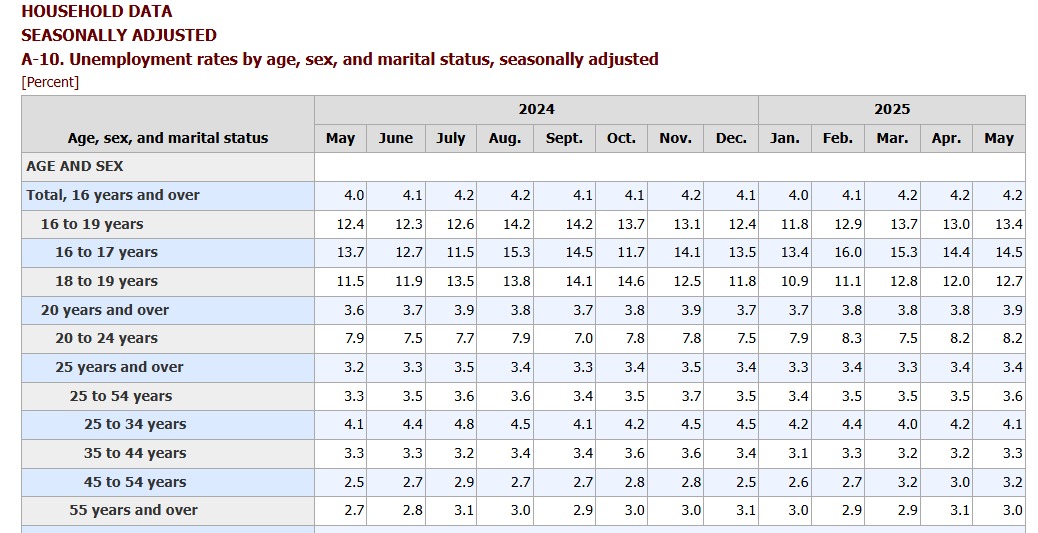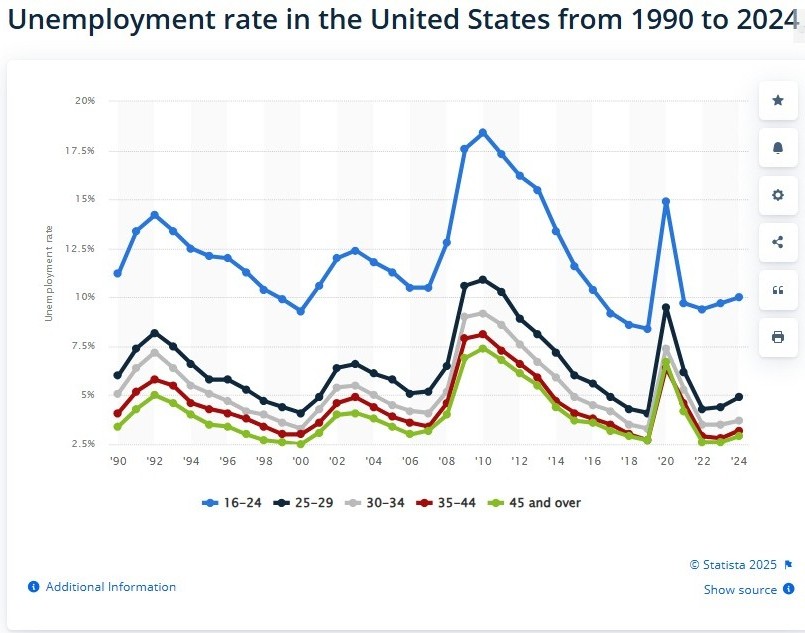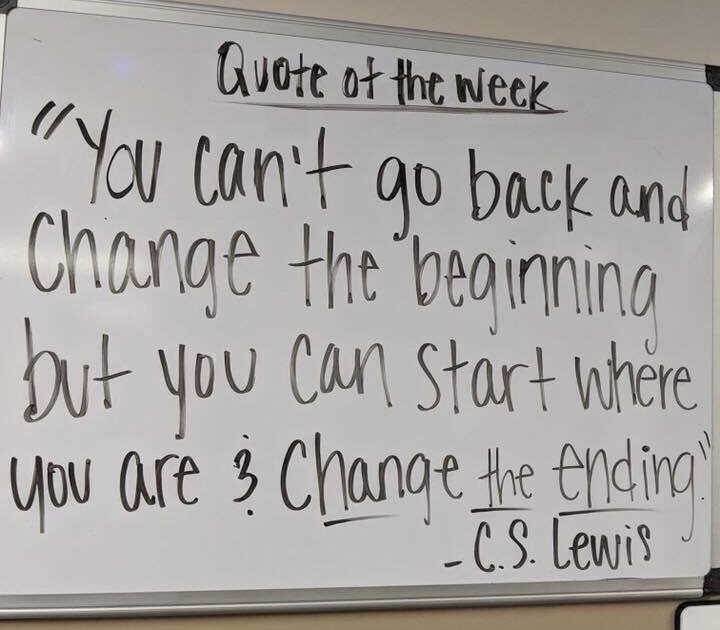This isn’t about present value in evaluating the price of a stock. This is about present value in an entirely different context, to explain context because context creates perspective.
Context
Working in mostly male-dominated industries, I learned how to decipher a compliment when one was paid that so many would be offended by today. Some find it difficult to give compliments because in a sense you are admitting someone else in some way is better than you or you wish for their circumstances. You are exposing vulnerability. So, the compliment comes across more rugged than intended. It’s up to you how to interpret it knowing the context, the sincerity of who that person is and how much you trust what they say. If you don’t know the person well, it becomes even more difficult.
It takes a certain amount of self-confidence to be able to give a compliment and self-acceptance that the compliment has nothing to do with you. As much as most of us like to receive compliments, it is equally important to be willing to give them. Being able to freely recognize good things in others and accept a compliment in whatever form it is delivered is a sign of emotional intelligence and maturity.
Perspective
Reactionary isn’t a good response when you didn’t take time to actually read (TL;DR) the post or article, listen to the podcast or dig a little deeper into who or what set you off.
If risk is what we don’t see, then perspective is what we do see. The appropriate context creates meaningful perspective to help us see things that blindside us. It helps us see the unseen layer of reality.
I’m all for calling people out but after I have done the research with the concrete support to back it up in a diplomatic manner. There is so much online fake content now, even on LinkedIn, that everyone should think twice before reacting.

Context + Perspective
Most things worthwhile in life take courage and wherewithal. No one is ever going to just hand it to you because you wished it into existence or have an expensive degree. Sometimes you have to do or experience a lot of unpleasant things before you figure out what it is that you actually want and what you need to do to make that happen. It’s why so many people get stuck, avoiding any unpleasantries while chasing wishful thinking. You can visualize it all day long but there is still work to be done.
Ripped from the headlines this week: The Job Market is “Trash” Right Now, Worst Job Market in Years.
Is it?
Blanket statements need context and perspective.
Context

A-10. Unemployment rates by age, sex, and marital status, seasonally adjusted
What was the unemployment rate when you graduated from high school or college?

Perspective
Both of these videos give in-depth yet different perspectives on the same survey results that no headline or news article can capture. If you watch them, you need to view both (about 20 minutes each.) They both articulate valid points. While they disagree on some things, they collectively agree that being on TikTok in the workplace, especially filming videos, is a problem that needs to stop.
In the second video, she makes a point that the college and education system are not adequately preparing students for the workplace.
A new survey of recent U.S. college graduates and HR leaders by the Hult International Business School found that graduates were not prepared for their current jobs.
• 85% said they wish their undergraduate education had better prepared them for the workplace.
• 98% of HR leaders said they had labor shortages, 89% said they avoid hiring recent college graduates (which really isn’t new, and companies are always attempting to get by on less labor).
Traditional education is not keeping pace teaching the skills needed in the evolving global workplace, but it’s not AI.
Human or soft skills were the highly cited new (old) basics required for a job: communication, willingness to learn, collaboration, making eye contact, showing up on time, teamwork, creativity, curiosity, how to embrace challenges, flexibility, resilience and critical thinking.
As technology evolves, the working world does also. AI may assist you in a job but it’s not going to do all the work for you. You’re going to have to lead it with an ability to use the digital tools and platforms specific to the company and industry you work in (not social media) to innovate, communicate and solve problems and that’s not exclusive to Gen Z.
According to the World Economic Forum’s Future of Jobs Report 2025, it’s predicted that by 2030, 170 million new roles will be created, many of which we can’t even imagine today. In five short years, schools must redefine their focus from preparing students for the jobs of today to equip them with the skills to adapt and thrive in an uncertain and ever-changing future.
So, if the education system isn’t adequately keeping up and preparing students with these skills, does it fall to the parents? Then if the parents don’t, how far down the rabbit hole do you go? Ultimately, as an adult, it’s up to you. There’s always the gig economy or starting a small business.
Present Value
In the attention economy that we now live, your present value is determined by intangible, sometimes hard-to-grasp concepts and skills. It is the daily practice of being present with the people you work and live with, making eye contact, being attentive, showing up on time, communicating, working together to thoughtfully solve challenges and problems. In a digital world, personal connection is underestimated in how meaningful it is.
Your future value will depend on your focus and strategy to find that fit of not only what you value and but also what the world does. It still comes back to this:
Life is a series of choices and trade-offs. None of them being equal. Where and who you give your attention will determine your trajectory in life. If you continually choose to give your attention away to short-sighted things, distractions and the short-term tactical, you will never get to the level of focus required to identify your long-term, overall aims, interests, values and the means to achieve and keep them – being strategic. You have to understand and get comfortable dealing with intangible, unknown, hard-to-grasp concepts that some just can’t do and most can’t do alone. – The Attention Economy – CacheCoach.com
If you are discounting your present value, whatever age you are, with no meaningful focus or the wrong focus, your future value will congruently reflect this.
Additional sources:
Colleges Aren’t Preparing Gen Z for Jobs: Report | BestColleges
How Schools Can Prepare Students for Careers That Don’t Exist Yet | Nexgen Careers
Why Giving Compliments Can Be So Hard

